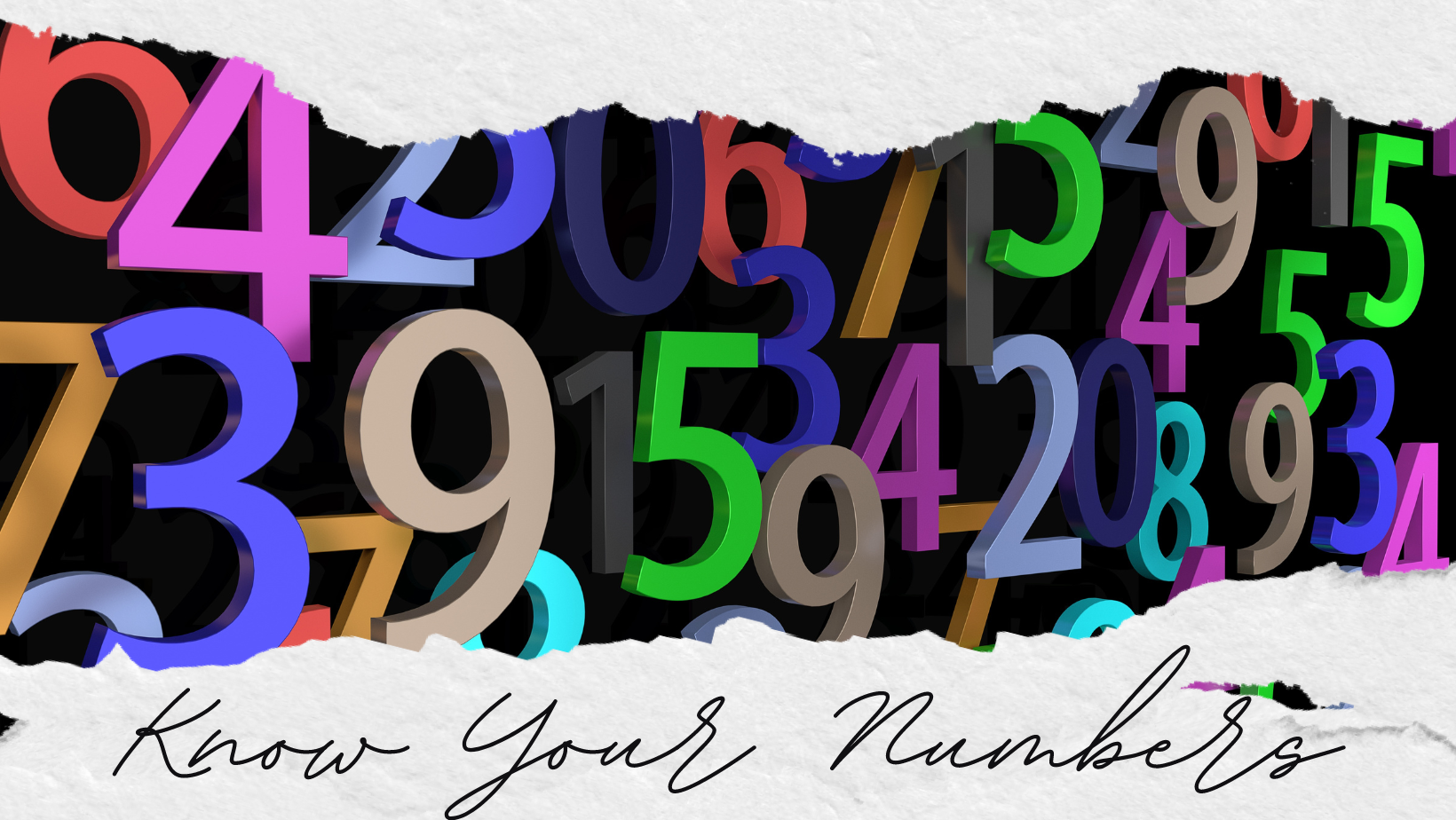
Divorce and Your Beneficiary
Jan 25, 2026

We live our lives by numbers. We know our bank PIN number, our social security number, and many other numbers to get through our personal lives. It is also important to know your heart health numbers. High cholesterol, high blood pressure, and high body mass index (BMI) are risk factors for heart disease and stroke. Elevated numbers often have no warning signs, so it’s a good idea to get your numbers checked regularly.
Talk to your primary care provider about your risk factors. They may look at the measurements below:
Blood Pressure
High blood pressure raises the risk of heart attack and stroke. You can maintain a healthy blood pressure by limiting salt, eating healthy, exercising, and by working with your healthcare provider on possible treatments.
Cholesterol
Cholesterol is important for making hormones, vitamin D, and more. But the excess cholesterol in your blood can combine with other substances to form plaque. Plaque can build up in the walls of your arteries and lead to coronary artery disease, heart attack, or stroke.
Blood Glucose & A1C
A blood glucose test measures the amount of sugar in the blood. An A1C test result reflects average blood sugar level for the past two to three months. The higher your A1C level is, the poorer your blood sugar control and the higher your risk of diabetes complications. Both blood glucose and A1C numbers help diagnose and monitor diabetes. Diabetes is another risk factor for heart problems.

Body Mass Index (BMI)
BMI is an estimate of body fat and a good gauge of your risk for diseases that can occur with more body fat. It is calculated from your height and weight.
It indicates whether you are at a healthy weight, overweight, or obese. The higher your BMI, the higher your risk for a variety of health problems.
ASCVD Score
The ASCVD (atherosclerotic cardiovascular disease) risk score is a national guideline developed by the American College of Cardiology. It is a calculation of your 10-year risk of having a cardiovascular problem, such as a heart attack or stroke. This risk estimate considers age, sex, race, cholesterol levels, blood pressure, medication use, diabetic status, and smoking status. The ASCVD risk score is given as a percentage. This is your chance of having heart disease or stroke in the next 10 years. There are different treatment recommendations depending on your risk score.
Consider scheduling your annual physical with your primary care provider. Checking your numbers each year is a great way to be proactive about your health.
To schedule an appointment with a Carpenters Wellness Center provider, call 314.955.WELL (9355).
Source: NIH.gov, Heart.org
Surviving the Holidays
Dec 12, 2025
Learn More
Celebrating a Year of Skill and Dedication
Dec 01, 2025
Learn More
Let’s Move – November 2025
Nov 17, 2025
Learn More

Stay up to date on key announcements, timely events and helpful information that could benefit you and your health.



